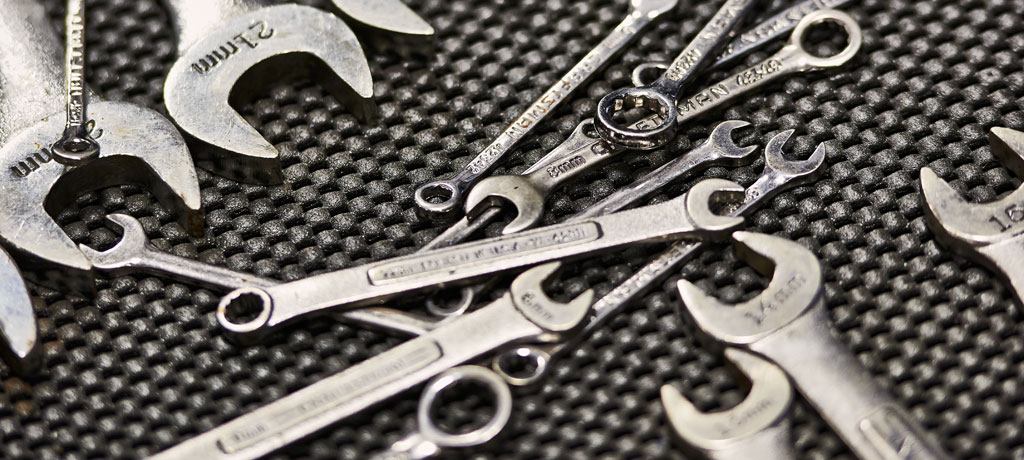
Sometimes, a mechanical problem with your car can arise out of nowhere—seemingly without any red flags or warning signs. That can obviously be frustrating, as it prompts you to make an urgent, unplanned repair to your vehicle. In other instances, though, you’ll receive plenty of a heads-up that your vehicle needs some work. For example, brake pads become worn down over time, and will eventually need replacement—and if you’re paying attention, you’ll see it coming in plenty of time to schedule the needed maintenance work.
The important thing is to be alert to the telltale signs of worn down brake pads, and to make the replacement soon—or else, you could endanger both your pocketbook and your family’s safety.
Listening to Your Brake Pads
So how do you know when your brake pads need replacing? The answer is actually pretty simple. You listen to them.
That’s because when a brake pad needs replacing, it makes a distinctive sound. Specifically, you will hear a screeching or squealing noise—one that begins when you press down on your brake pedal and doesn’t necessarily stop once the pedal is released.
Also, keep your ears open for a grinding sound as you brake—another way to know that your brake pad is on its last leg.
These are the symptoms of brake pads that need replacing—but what do they really mean? Well, they mean that your brake pads have worn very thin. This leads to some metal-on-metal scraping as the caliper rubs against the rotor. This friction leads to the scraping sound, while damage to the rotor can cause vibrations up into the steering wheel and the rest of your vehicle—another giveaway that the brake pad is worn down too far and needs to be replaced.
Note that the squealing sound you hear is actually a safety mechanism built into the car—a tab built into the brake pad and designed to let the driver know that the pad has worn down too far and needs to be replaced before further damage is done. Listen to this warning!
Replacing Your Brake Pad
If you don’t replace the brake pad fairly soon, you run the risk of further damage to your vehicle—to the rotor, in particular—which will make it far more expensive when you finally do take the car in for maintenance. And eventually, your brake pad will be worn down so much that safety is compromised—clearly, a worst-case scenario that you desperately want to avoid.
How do you avoid these fates? Listen for the sounds of a brake pad gone bad. Stay alert to vibrations and shaking sensations, too. When your vehicle tells you that the brake pad needs to be replaced, listen up! Take action by scheduling a maintenance appointment for your car. In the long run, it could actually save you quite a bit of money—and also prevent you from driving in a car that just isn’t safe.





